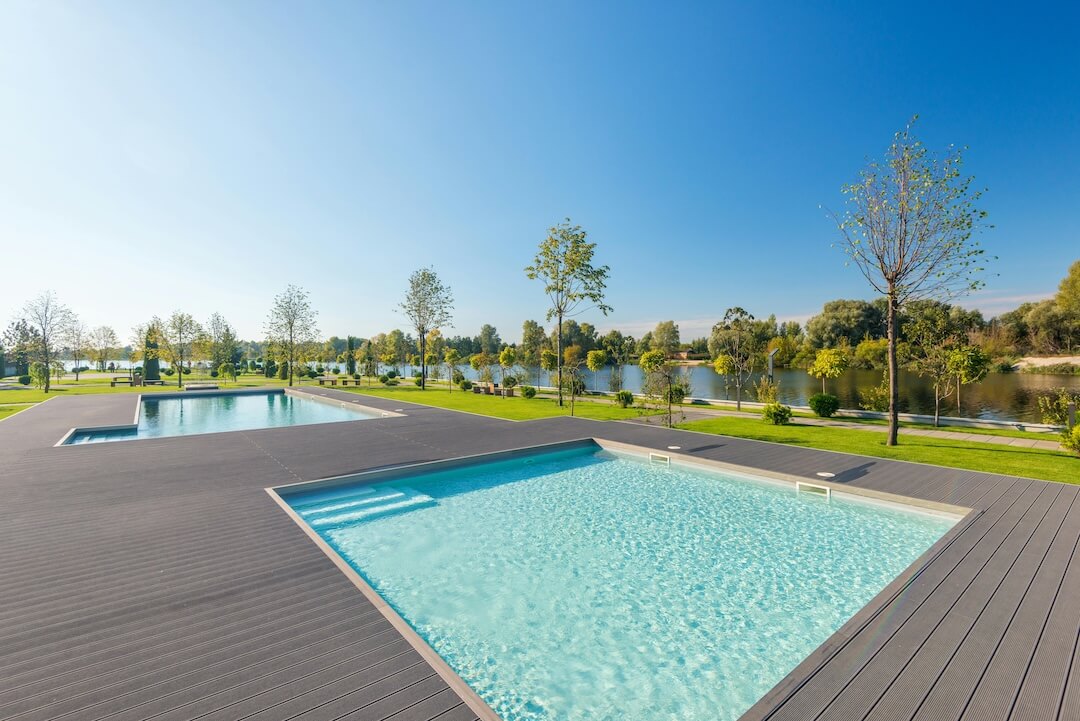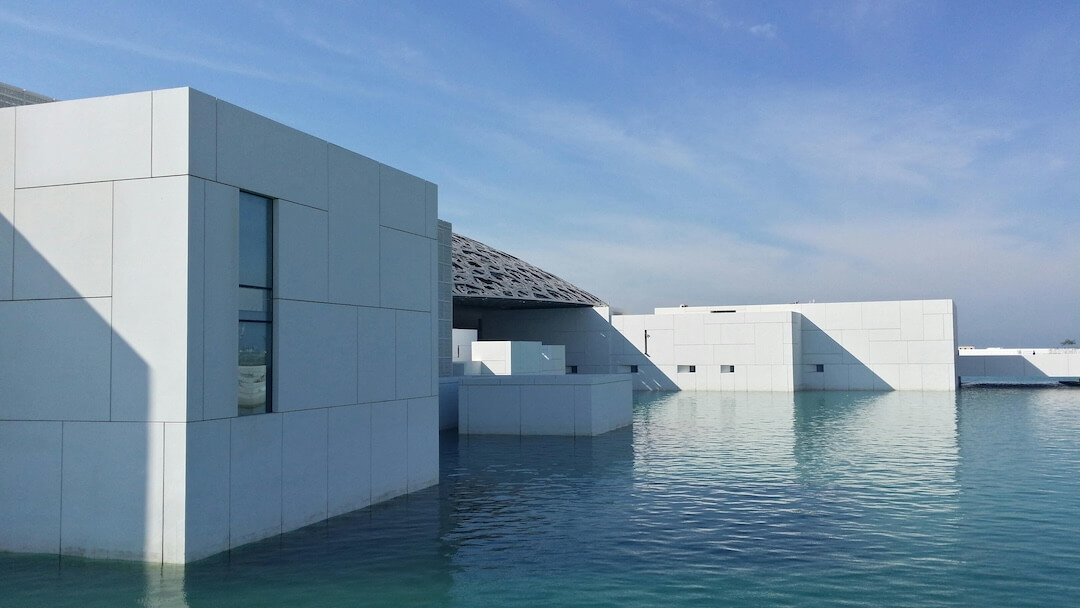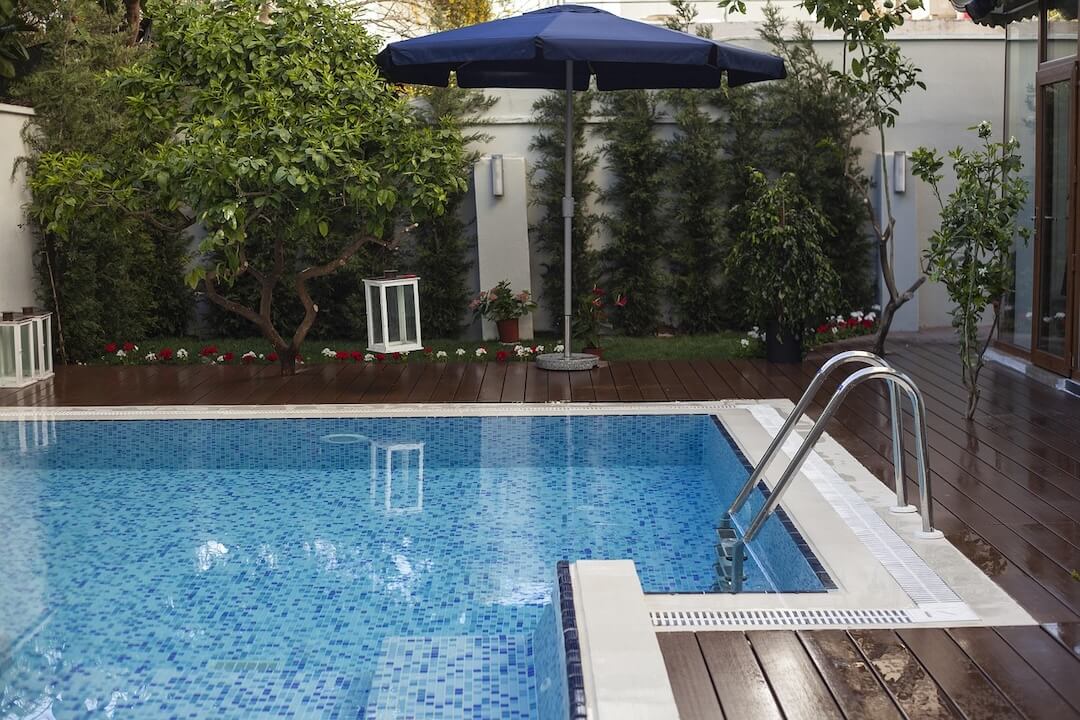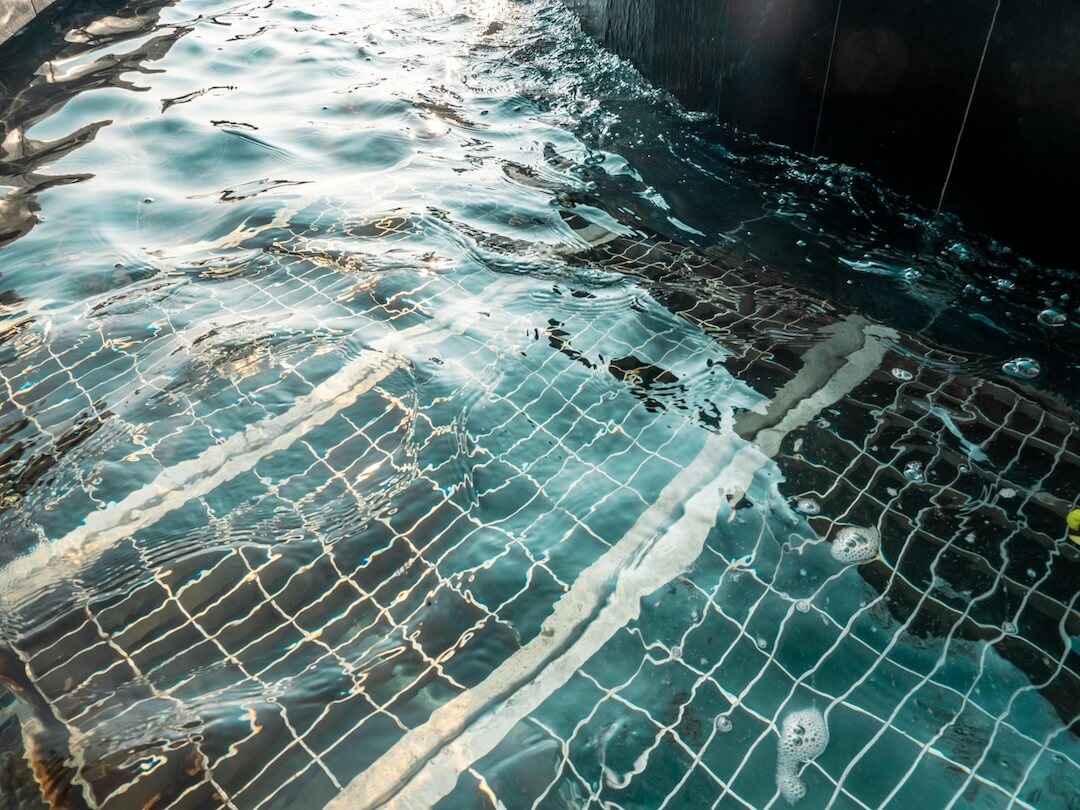How to Improve Pool Circulation

How to Improve Pool Circulation
In the sunny, humid climate of Fort Lauderdale, maintaining optimal pool circulation is essential for ensuring clean, healthy, and inviting water. Proper water flow prevents the buildup of algae and bacteria, reduces chemical usage, and extends the lifespan of your pool equipment. Whether you own a residential pool or manage a commercial swimming facility in Fort Lauderdale, understanding how to maximize water circulation can make all the difference in achieving sparkling, clear water and efficient maintenance.
Effective pool circulation involves more than just running your pump; it’s a comprehensive process that includes selecting the right equipment, optimizing system settings, and routine maintenance. Let’s explore practical strategies and expert tips to improve your pool’s water movement, tailored specifically for Fort Lauderdale’s unique climate and pool ownership needs.
What Is Pool Circulation and Why Is It Important in Fort Lauderdale?
Pool circulation refers to the continuous movement of water within your pool, facilitated by pumps, skimmers, and filtration systems. Good circulation ensures that chemicals are evenly distributed, debris is carried to skimmers and filters, and stagnant water zones are eliminated. In Fort Lauderdale, where high temperatures and humidity accelerate algae growth and bacteria proliferation, proper circulation is critical for maintaining water quality and minimizing chemical costs.
Without adequate circulation, your pool can develop cloudy water, algae blooms, and an increased risk of bacteria, which impacts swimmer safety and overall pool health. An efficient circulation system not only keeps the water clear but also reduces the workload on your filtration system and extends the life of your equipment.
How to Assess Your Current Pool Circulation System in Fort Lauderdale
Before making improvements, evaluate how your current system performs. Check for signs of poor circulation such as:
- Cloudy or murky water that doesn’t clear despite chemical balancing
- Uneven water temperature zones, indicating stagnation
- Visible debris accumulating in corners or around the pool floor
- Excessive algae growth despite regular cleaning
- Pool equipment running loudly or frequently breaking down
In Fort Lauderdale, where outdoor pools are exposed to salt, sun, and high bather loads, these signs are common if your circulation isn’t optimized. Consider consulting our local pool professional to perform a comprehensive system evaluation, which includes analyzing flow rates, checking pump efficiency, and inspecting filters.
Choosing the Right Pool Pump and Filtration System in Fort Lauderdale
The cornerstone of excellent pool circulation is the selection of high-quality, energy-efficient pumps and filters. In Fort Lauderdale, many homeowners and commercial operators opt for variable-speed pumps because they provide adjustable flow rates, reduce energy costs, and extend equipment lifespan.
A properly sized pump ensures that the total pool volume is circulated at least once every 8 hours, which is the standard recommendation. For larger pools or pools with additional features like waterfalls or spa sections, calculate the required flow rate carefully to avoid dead zones where water remains stagnant.
When selecting filters, consider multi-port sand filters or DE (diatomaceous earth) filters for optimal filtration. Regular cleaning and backwashing of filters in Fort Lauderdale’s high-debris environment are essential to prevent clogging and maintain flow.
How to Optimize Pool Pump Settings for Better Water Flow in Fort Lauderdale
Once your equipment is installed, configuring the pump correctly is crucial. Here are some practical tips:
- Set your variable-speed pump to operate at the lowest effective speed while still achieving proper circulation. Running the pump longer at lower speeds consumes less energy and provides steady water movement.
- Run your pool pump during off-peak hours to save on energy costs, especially in a city like Fort Lauderdale where electricity rates can be high.
- Ensure your skimmers and returns are correctly positioned to promote even water flow. Adjust the return jets to direct flow across different zones of the pool.
- Use automatic timers to maintain a consistent circulation schedule, typically 8-12 hours daily, depending on pool size and usage.
Enhancing Water Movement with Additional Equipment in Fort Lauderdale
For pools with complex features such as waterfalls, spillovers, or spas, additional equipment may be necessary to improve circulation:
- Auxiliary jet pumps can target specific zones, ensuring even water flow around features and reducing stagnation.
- Pool vacuum systems help remove debris that can settle in less-circulated areas.
- Skimmer upgrades or installing additional skimmers can improve surface water removal, especially in windy areas common in Fort Lauderdale.
Regular Maintenance Tips to Keep Your Pool Circulating Properly
Routine maintenance is vital to sustain effective pool circulation in Fort Lauderdale’s demanding environment:
- Clean skimmers and baskets weekly to prevent blockages.
- Backwash filters as recommended, typically every 4-6 weeks, or when pressure gauges indicate.
- Check for and repair leaks or cracks in pipes, fittings, and equipment promptly.
- Monitor flow rates and pressure gauges regularly to detect early signs of pump or filter issues.
- Inspect and replace worn-out parts such as pump seals, valves, and o-rings to prevent system failures.
- Schedule annual or bi-annual professional inspections to ensure your system operates at peak efficiency and to perform any necessary upgrades.
Upgrading Your Pool Circulation System in Fort Lauderdale: When and Why
If your pool’s circulation system is outdated or inefficient, upgrading can lead to significant water quality improvements and energy savings. Consider upgrading if:
- You notice persistent cloudiness or algae despite chemical adjustments.
- Your pump is noisy, leaking, or frequently breaking down.
- Your system consumes excessive electricity, raising your energy bills.
- You’ve added new features or expanded your pool.
Our local Fort Lauderdale pool service experts can recommend energy-efficient, environmentally friendly solutions tailored to your needs. Modern smart pool systems allow remote monitoring and control, ensuring optimal circulation even when you're away.
The Importance of Professional Assistance in Fort Lauderdale
While DIY tips can help, achieving optimal pool circulation often requires expert knowledge, especially in Fort Lauderdale’s climate. Our professional pool technicians understand local environmental challenges, saltwater vs. freshwater systems, and energy-saving upgrades.
Partnering with our local professional ensures your system is correctly sized, properly installed, and maintained according to Florida’s regulations and best practices. They can also recommend custom solutions like advanced automation, salt chlorination, or eco-friendly filtration that enhance your pool’s performance.
Final Thoughts
Maintaining proper pool circulation is the foundation of a healthy, inviting swimming environment in Fort Lauderdale. By selecting the right equipment, optimizing system settings, and performing routine maintenance, you can enjoy crystal-clear water, save on energy and chemicals, and extend the lifespan of your pool infrastructure.
Remember, investing in professional assistance is the key to long-term success. Fort Lauderdale’s pool owners deserve the best, and with the right approach, your pool can stay pristine and healthful for years to come. Contact our local experts today to assess your current system and discover tailored solutions that will elevate your swimming experience.



